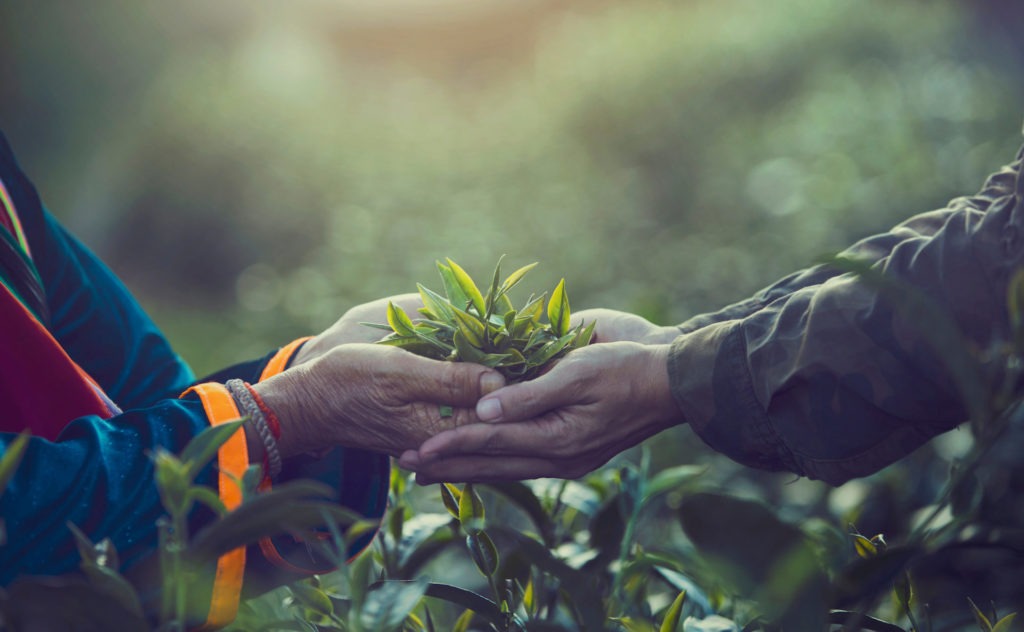With the UN forecasting that COVID-19 will force more people into food poverty, ActionAid has issued a plea to governments to increase their support for women farmers in order to prevent hunger emergencies internationally.
ActionAid’s Stav Zotalis has highlighted how women farmers internationally are facing “the triple whammy” of lost earnings, an increase in unpaid care, as well as higher risks of gender-based violence during COVID-19.
Now they need support and investment in order to continue their essential frontline work, and help feed the world.
“Without urgent support, women will be forced to sell their land and assets and will not be able to keep growing affordable, healthy food for their families and communities, which would plunge more people into hunger,” she said.
She made the comments after the UN’s State of Food Security and Nutrition in the World report revealed that hunger has been on the rise over the past five years, even prior to the 2020 pandemic. 690 million people went hungry in 2019 – up by 10 million from 2018. The UN’s predicted 132 million additional people could become undernourished globally this year.
ActionAid wants to see debt cancellations and emergency liquidity support for developing countries to support them in expanding their social protections, health care and other essential services to rural communities and others hard hit by COVID-19.
It’s also urged worldwide economic recovery plans to offer significant investments in creating green livelihoods in sustainable, climate-resilient agriculture with a focus on women farmers.
Zotalis added that the Australian Government is particularly in a position to help ensure adequate financing for the scaling up of this investment.
Even prior to COVID-19, ActionAid was already responding to a food and climate crises across Southern Africa, which experienced its worst drought in the region in 35 years.
The World Economic Forum recently published research sharing how agriculture could present an opportunity for female economic empowerment, particularly in South Asia where women are significantly underrepresented in the labour force.

